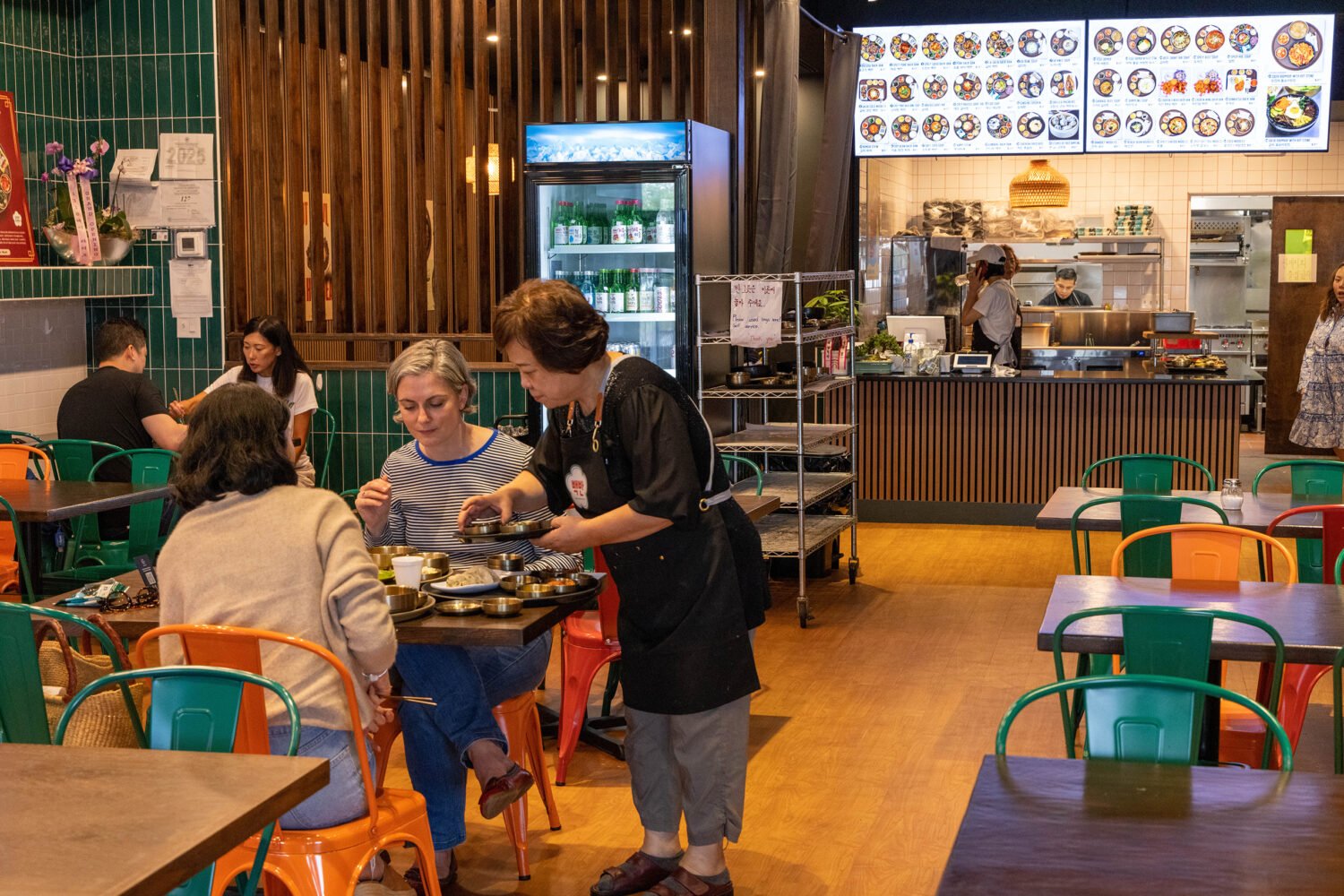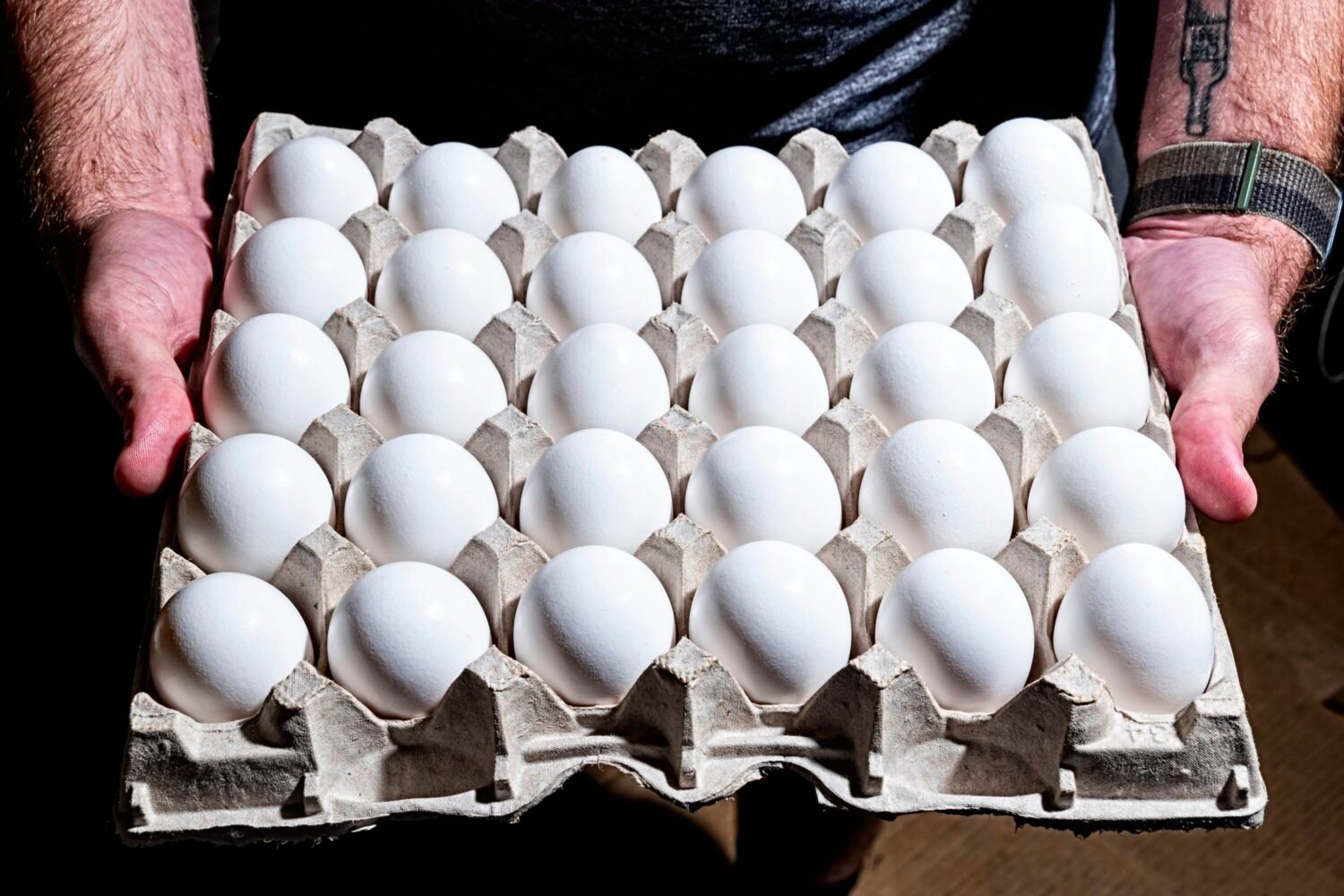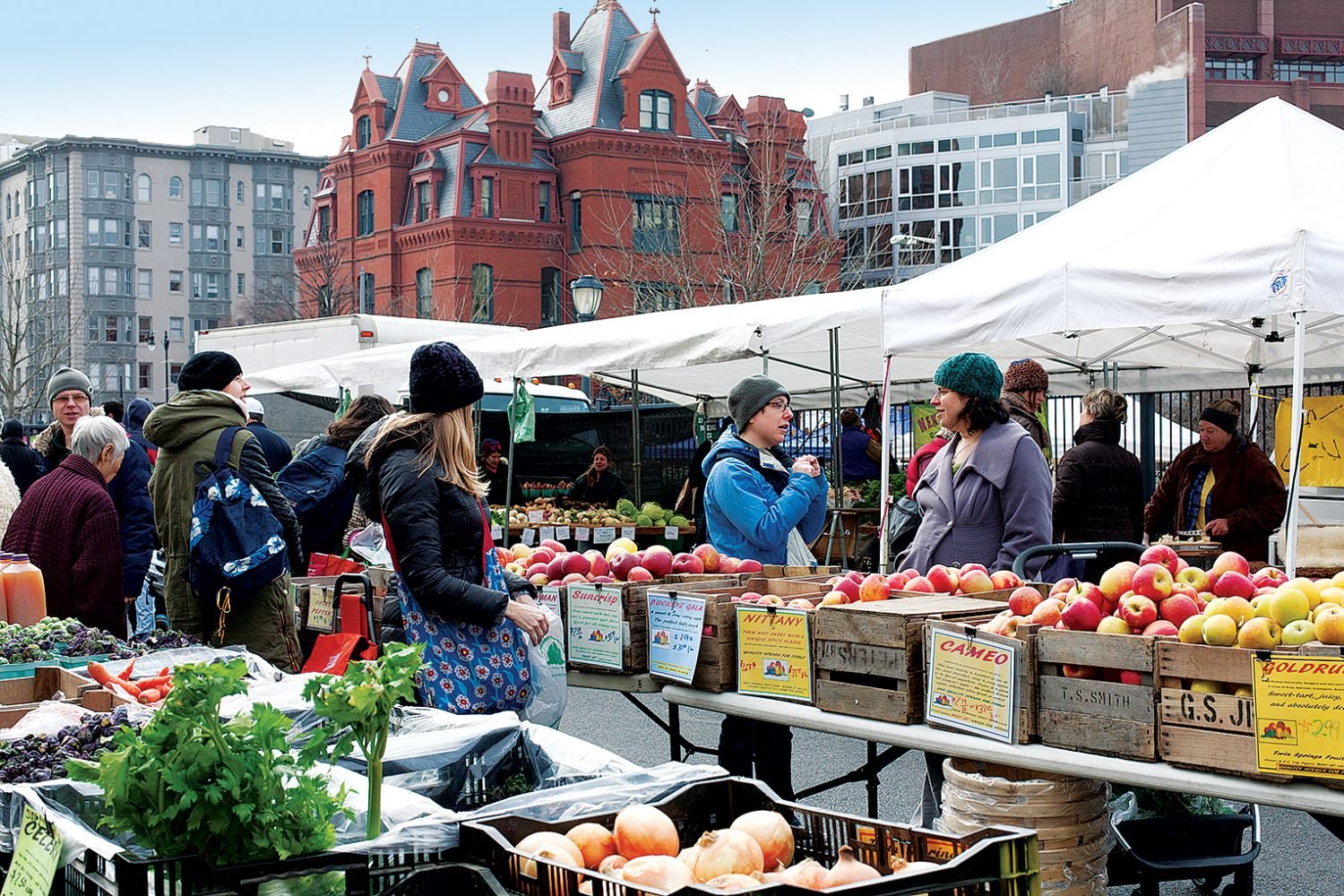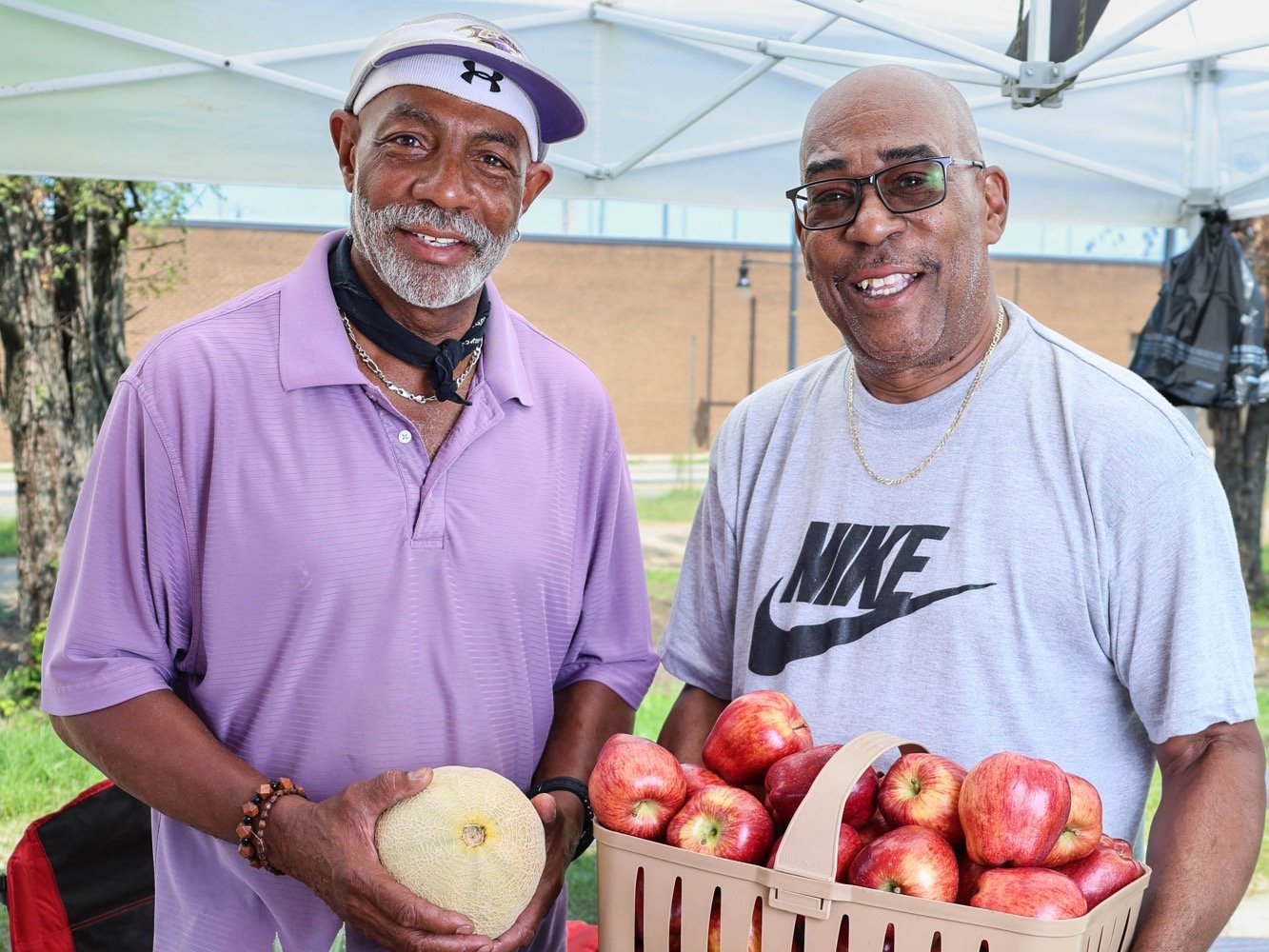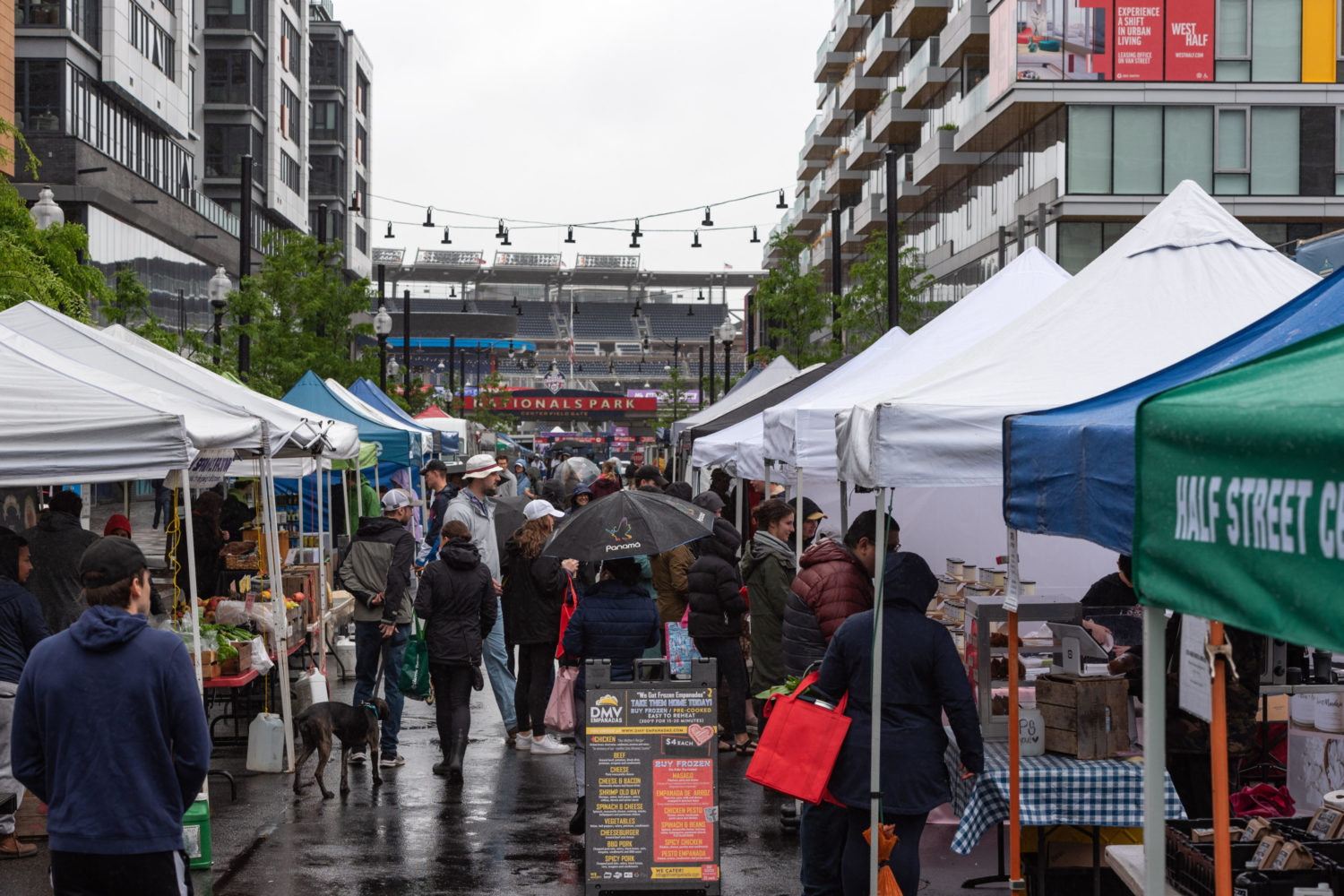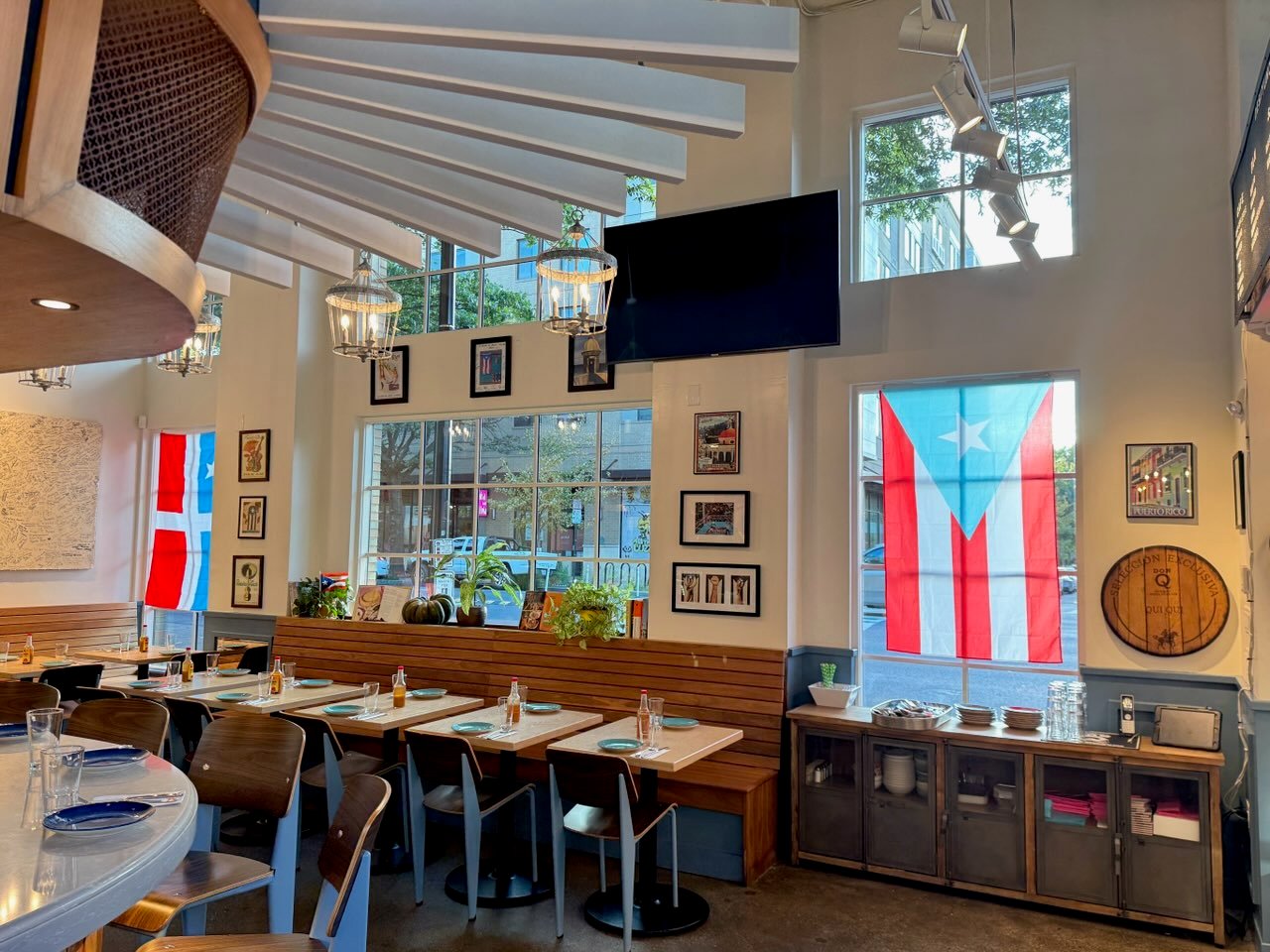Trying to crack the egg conundrum? You’re not alone. Prices at the grocery store have risen above 60 percent, nearing $5 a dozen. Major chains are showing diminished or empty shelves, especially when it comes to the cheapest brands. Global factors like avian flu and the Russia-Ukraine war–which has escalated chicken feed prices—show no sign of stopping, and a devastating fire last week at one of the biggest egg-producing farms in the US resulted in the death of around 100,000 laying hens. But there’s another source where eggs are plentiful, and better all around: farmers markets.
It’s not breaking news that local farms sell superior eggs. But quality and sustainability come at a cost, and when $3 dozens were available from mass producers like Cal-Maine foods, the $6 pasture-raised version may have seemed like an unnecessary splurge. But now, with grocery store prices comparable to what DC-area farmers charge—generally $5 to $9 for a dozen chicken eggs—the barnyard dynamics have changed.
“There are a couple farmers market gateway foods, and eggs are one. It looks different, it tastes different,” says Juliet Glass, spokesperson for FreshFarm, among the largest farmers market organizations in the country. “This is a great opportunity for people who’ve been reluctant to try local eggs to do it.”
Small farms aren’t immune to the dire wave of avian flu that slammed the US in January 2022. The disease has been a major factor in the egg shortage that’s responsible for the demise of over 50 million domestic birds, according to the Centers for Disease Control. But they can be more nimble about avoiding it. Carin Celebuski, owner of Ladybrook Farm in Monkton, Maryland, which supplies chicken, duck, and goose eggs to the Crossroads Farmers Market in Takoma Park, has taken lengthy precautions with her nearly 500 laying hens and heritage chickens. The birds, which roam and feed freely—part of the natural terroir that contributes to that gateway-egg flavor—aren’t packed on top of each other. Celebuski now limits access to the farm from visitors and deliverymen. Unlike many factory farms, which have been forced to “depopulate” (a euphemism for killing chickens, sometimes in the millions) Ladybrook hasn’t lost any birds to disease.
“It’s easier for a smaller farm in that sense,” says Celebuski, who sells her eggs for $4 to $7 a dozen, depending on size. And when the laying hens become old birds? “We have a hut called Ladybrook Manor where they live out their lives.”
When it comes to market-going, the early shopper gets the eggs—currently in shorter supply. Winter is low-season for local egg production—which corresponds with the amount of sunlight—and for many farms, eggs are just a small part of the overall picture. Betsy Pritchard of Smith Meadows, who sells eggs for around $6.50 a dozen at six markets in DC, Maryland, and Virginia, says she easily goes through 900 eggs a week. Eggs were historically about ten percent of sales—the majority is grass-fed meats— but they’re recently ramped up production to 25 percent to meet the growing demand. At Deep Roots Farm, located in Prince George’s County, owner Gale Livingstone says she’s routinely out of egg by 11 AM at the FreshFarm Dupont Circle Market. The packs are $6.50, all from chickens that roam a five-acre lot and are fed non-GMO feed in addition to vegetable scraps. You can pick up vegetables yourself there, too.
“The biggest benefit is supporting a local food source, and making sure you’re doing your part to safeguard that food source in your backyard, says Livingstone. “We’re the ones who’ll be feeding you when those factory farms fail.”
Need to track down eggs? FreshFarm market has a handy list of all their suppliers who sell them at the winter markets.




